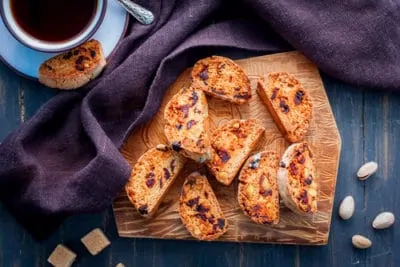
The Scary Six
- Popcorn. Some of the most common food related dental damage comes from popcorn. Although it’s popped and mostly airy, there’s always the risk of hitting the occasional hidden kernel. Popcorn kernels are really hard and if they’re bitten with force, the chance of having a tooth crack or chip is high. The pesky husks can also cause problems by getting wedged deep in the gums. If they’re not removed, an infection may occur.
- Olives. Well, the olives themselves aren’t exactly the problem. It’s more about the pit that’s sometimes left in place. Where the real danger comes into play is when you’re unsure if the pit is still stuck in the middle or not. When this is the case, take your time and explore the olives, checking for any potential tooth-cracking pits.
- Caramels. Caramels have two dangerous aspects to them: the sugar and the texture. Ooey gooey caramels tend to linger on teeth for a long time, exposing them to damaging sugar until it’s removed. The super sticky texture can also be difficult to tear or chew which may loosen fillings or other restorations.
- Ice Cubes. Although they’re refreshing on a hot summer day, ice cubes are meant to cool a drink, not to be chewed. These frozen cubes have an especially hard texture which can also lead to dental damage like large chips or even tiny cracks you may not even notice at first.
- Other Frozen Food. Besides ice cubes, other frozen treats, like frozen candy bars for example, can be especially dangerous. They take the worst of both ice cubes (hard) and caramels (chewy and sweet) and put them into one damaging food.
- Breads. We know you’re thinking that bread is soft, so how can this be on the list? And you’d be right that most bread is soft, but there are some types of bread such as baguettes that are extra crispy and can be hard on teeth while ripping, tearing, or chewing it.
If you do happen to sustain some tooth damage by eating any of these top culprits, or perhaps something we haven’t listed, we welcome you to call our Tuscaloosa dental office as soon as possible. The sooner we’re able to diagnose the damage, the quicker and easier treatment will be. Don’t wait, call today.

